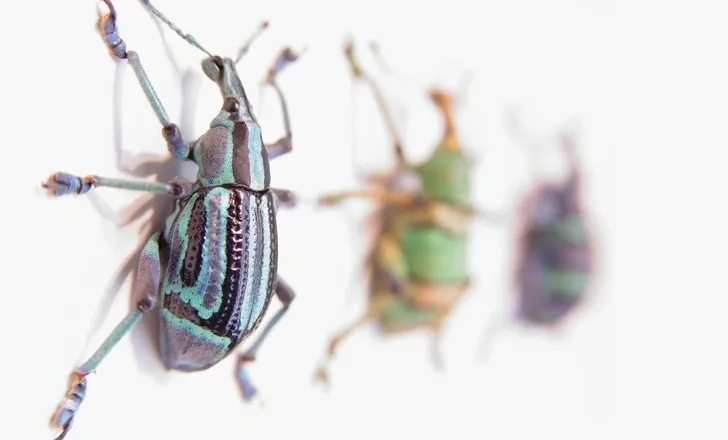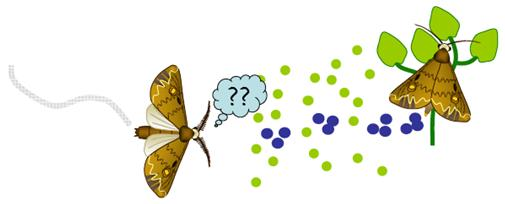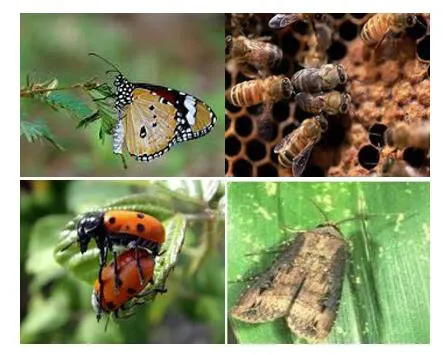INSECT PHEROMONE
Background
Pheromones are substances produced as messengers that affect the behavior of other insects, animals and members of the same species. In order to engage in routine activities, each species of insects relies on more than one hundred chemicals during its life.

Pheromones can be mainly divided into the following species in function: trace pheromones (to locate a food source), aggregation pheromones (to find individuals of the same species), alarm pheromones (to warn any sort of danger) and sex pheromones (to attract adults of the opposite sex for mating). Simple insect pheromones are straight chain compounds, including hydrocarbon, alcohol, ester and aldehyde. Others are side chain compounds. In addition, ketones and epoxy compounds are also included. For example, alarm pheromones always possess the structure of aldehyde and highly unstable hydrocarbons.
US Chemfine offers a wide range of different insect pheromones that respond to control pests effectively and respectfully with the environment. If you do not find what you need please contact us.
Application
Insect pheromone interference is one of the pest control technologies since 1960s. Compared to others, insect pheromone is famous of its high efficiency, non-toxicity, no pollution, no harm insects and other advantages. And the technology is available to be used both indoor and outdoor.
Pheromones can be used to control different lives phases of pests in the following aspects:
Monitoring: Detecting the presence of the insect, indicating the level of infestation and evaluating the most suitable treatment and application time.
Mass trapping: Capturing the highest number of insects in a trap to reduce or eliminate other phytosanitary treatments.
“Attracting and killing”: Attract the insects to the designated location and kill them, just similar to the previous technique.
Mating disruption: Impeding the encounter between both sexes by creating an atmosphere.

Figure 1. Illustration of the role of insect pheromones. How an insect affects an insect by insect p

Figure 2. Different insects. Insect pheromones can act on different insects